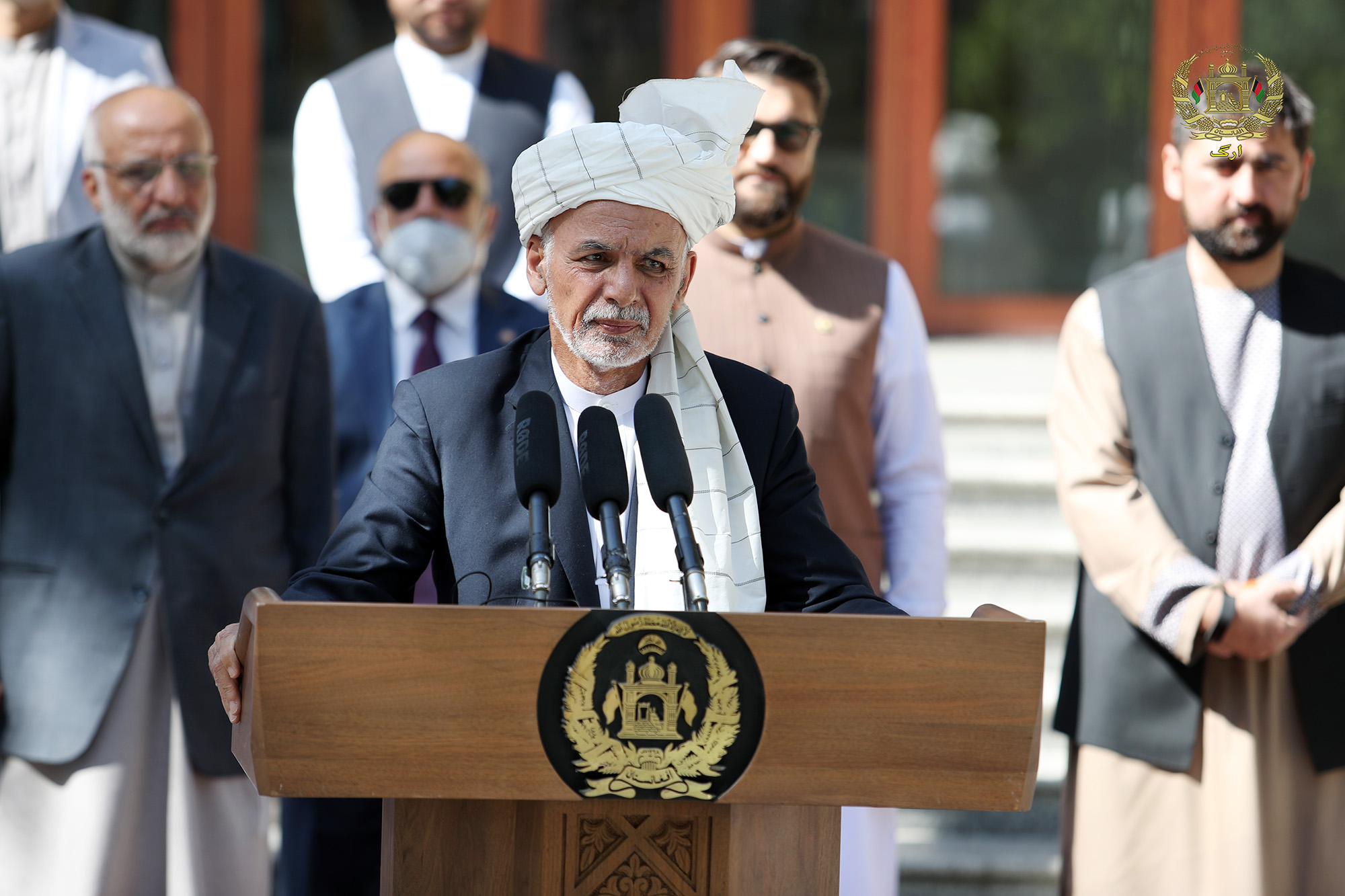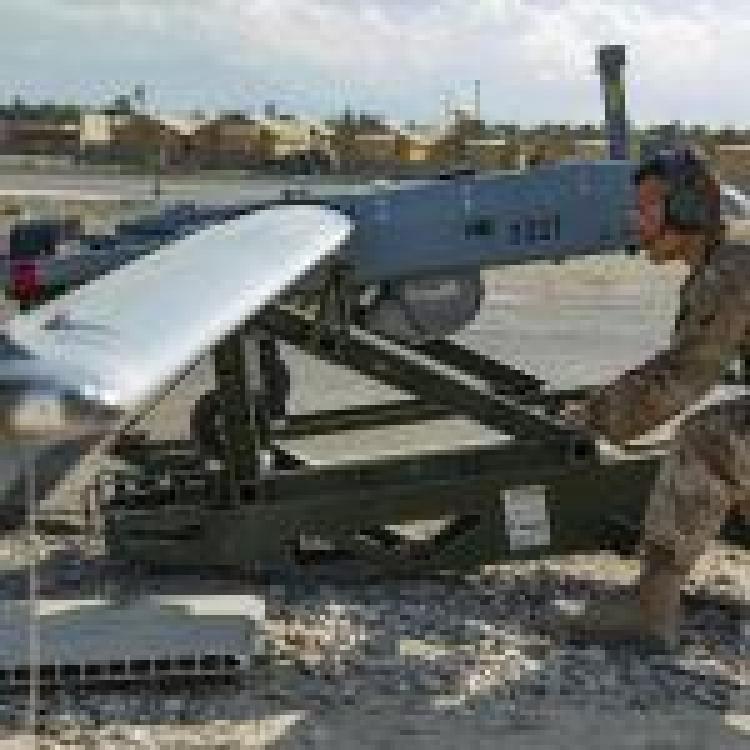
Following a series of military victories in which the Taliban seized one provincial capital after another in little over a week, the Islamist group entered Afghanistan’s capital Kabul earlier today forcing the country’s Western-backed President Ashraf Ghani to flee.
Reports suggest that Ghani might have resigned in the face of the Taliban’s advance before he left for neighbouring Tajikistan. The Taliban then entered the Presidential Palace and announced that it would soon impose an Islamic Emirate in the country.
Before taking over Kabul, the Taliban overran Jalalabad, the only other city that was out of its control. It seized Mazar-i-Sharif, another key city in the North, on Saturday.
In parallel with the Taliban’s vigorous military offensive against the Afghan National Army over the past week, talks were proceeding between the two parties in Doha, Qatar, towards achieving a political solution to the dispute. Although a power-sharing agreement in exchange for halting violence was floated during the dialogue, it did not gain the Taliban’s approval.
Foreign diplomats were seen making a hasty exit as the Taliban marched into Kabul. Smoke rose out of the U.S. embassy as American diplomats set fire to confidential documents and left the country on a military helicopter.
The Taliban are promising a new era of peace in Afghanistan. But there are already indications of a return to the harsh version of Islamic rule Afghans lived under from 1996 until 2001, when the U.S. drove the Taliban from power after the 9/11 attacks. https://t.co/eJEWBVOAyZ
— The Associated Press (@AP) August 15, 2021
Threat of resurgence
The Islamist group has been communicating in conciliatory tones as it entered the nation’s capital. It assured that an “amnesty” would be granted to those who collaborated with the government and the U.S. and that there would be “no revenge” against the Afghan people.
However, many analysts worry that the Taliban could not be trusted to keep its word.
Despite an agreement signed by the group in February last year with the Donald Trump administration, vowing not to cede ground to Islamic extremists, there is now rising concerns that the Taliban might provide a safe haven to Islamic militant groups.
Weakness of the Afghan national army
Before it reached the Presidential Palace, a senior Afghan minister told Reuters earlier that an interim administration would be formed. But, Taliban officials flatly rejected the possibility of an interim government and reaffirmed their aim to assume full control.
The sudden string of reversals of the Afghan National Army has been surprising to many observers. A U.S. estimate last week predicted that the army would hold out for 90 days against a Taliban onslaught.
President Joe Biden’s decision to withdraw all American troops from Afghanistan has been cited by some as the reason behind the collapse of the Afghan government. The pull-out has drawn comparisons with America’s withdrawal from Vietnam in the 1970s, prompting Secretary of State Antony Blinken to say “this is manifestly not Saigon.”
Women's rights
Kabul. pic.twitter.com/RyZcA7pktj
— Lotfullah Najafizada (@LNajafizada) August 15, 2021
There is concern over women's rights with the return of the Taliban-led government given the harsh conditions women were forced to endure during Taliban's regime in the country between 1996 to 2001.
A spokeswoman for the United Nations Children's Fund (Unicef) in Kabul has told the BBC that, so far, the Taliban have respected "the sanctity of the charity's offices". She stressed Unicef's commitment to the women and children of Afghanistan, saying it hoped to resume operations within a couple of days.

